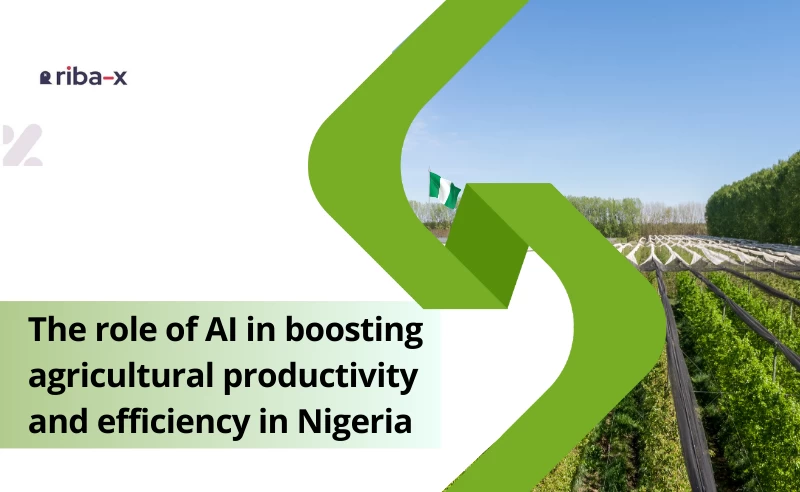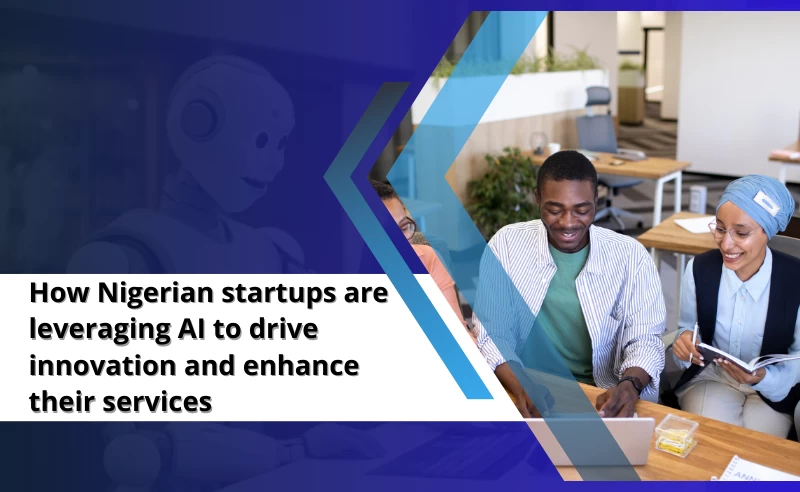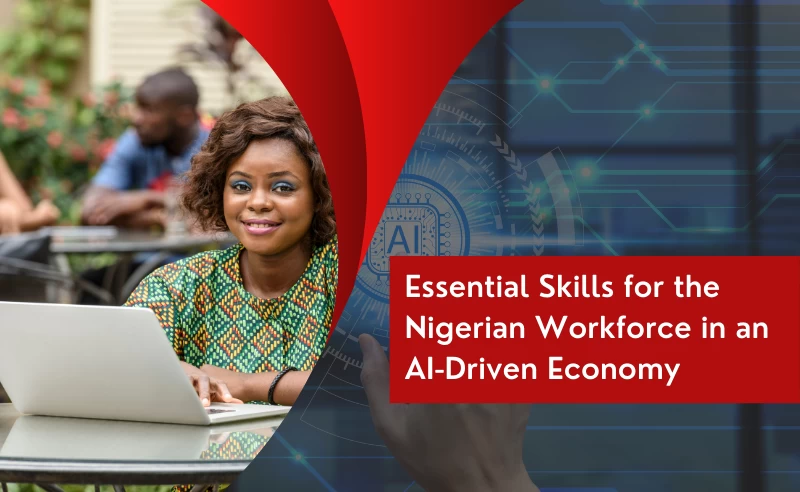
Olugbemi. Adeyinka Ogunleye
1 day ago
Discussing the role of AI in enhancing agricultural productivity and efficiency in Nigeria
Agriculture has remained the pillar of society in every civilization and Nigeria is no exception. Nigeria is blessed with rich agricultural resources and a diverse climate that supports a wide range of crops. Despite its vast agricultural potential, like that of other countries, this country has also strived to meet the huge demands for food items. As per the statistical records, the population of Nigeria is predicted to exceed 400 million by 2050. The emergence of the online community in Nigeria is currently shaping the entire arena and it is allowing agricultural endeavours to derive varied valuable insights regarding how to overcome the agrarian hindrances. Here have a look at the overview of the Nigerian agricultural sector that is closely associated with the total GDP of this country. Let’s begin.
Overview Of The Importance of Farming in Nigeria
Agriculture is a cornerstone of Nigeria's economy, accounting for approximately 22-25% of the nation's GDP in recent years. As per the latest data, in the second quarter of 2023, the agricultural sector generated around 21 percent of Nigeria’s GDP. If you consider it from the perspective of employment, the agricultural sector of Nigeria is one of the most important employers as it offers 36 percent of job opportunities to the overall population of this country. The proliferation of Nigerian startups , especially the ones that rely on agricultural offerings is opening up new avenues for the young population. These statistical data items are the clear witness of the fact that farming is essential in Nigeria from ensuring food security to the overall growth of the nation.
Roles of AI in enhancing the agricultural productivity in Nigeria
Artificial Intelligence or AI is one of the most transformative technologies that is reshaping the multiple industries across the globe and at the same time, it is cultivating hope for the agricultural domain of Nigeria. The developmental power of AI is enabling the agricultural sector of Nigeria to break free from the shackles of seasonal and climate-related issues. Here we have mentioned some of the roles of AI that can prove to be game-changing for Nigerian agriculture.
Precision Agriculture
Precision agriculture is an integral area where AI has continued to make significant strides. Technologies like drones and IoT sensors take part in the collection of real-time data on crop health and environmental conditions. AI processes this data to offer tailored recommendations on irrigation, fertilization, and pest management. For instance, organisations like AirSmart are capitalising on AI for water optimisation and fertilizer usage based on specific field conditions. In the best online community in Nigeria , precision agriculture, backed by AI is now in top trend and it is helping the modern youths to experiment with these technologies to reap the best results.
Supply Chain Optimization
AI is conducive to enhancing the agricultural supply chain. Analyzing logistics related to transportation routes, market demand, and storage conditions, AI systems can help farmers make informed decisions. This optimization approach certainly reduces post-harvest losses, which are significant in Nigeria due to inadequate infrastructure. For instance, platforms like Crop2Cash are making complete use of AI to improve market access for smallholder farmers by connecting them directly with buyers. In this process, the reliance on the middlemen will reduce consequently.
Capacity Building and Training
For the utilization of AI, it appears to be vital to equip the farmers with the relevant knowledge and capacity-building activities are required to be launched for this reason. Programs like NITDA AI Developers Group are aimed at training thousands of individuals, including farmers on AI and machine learning applications that are pertinent to agriculture. These training sessions focus on practical skills that can be directly applied in farming practices.
Pest and Disease Management
Lastly, AI applications are revolutionizing the way of managing pests and diseases across the agricultural segment of Nigeria. The best part is that AI technology allows agricultural analysts to get a clear picture of the affected part of crops and to come up with a course of action accordingly.
Wrapping Up
The integration of AI into Nigerian agriculture is presenting a promising pathway towards enhanced productivity and sustainability. Utilization of AI for farming in Nigeria is no longer in the piloting phase, rather it is continuing to alter the whole trajectory with ease. As these innovations continue to develop and expand, they hold the potential not only to increase food security but also in future they will uplift the agriculture-based Nigerian startups.













